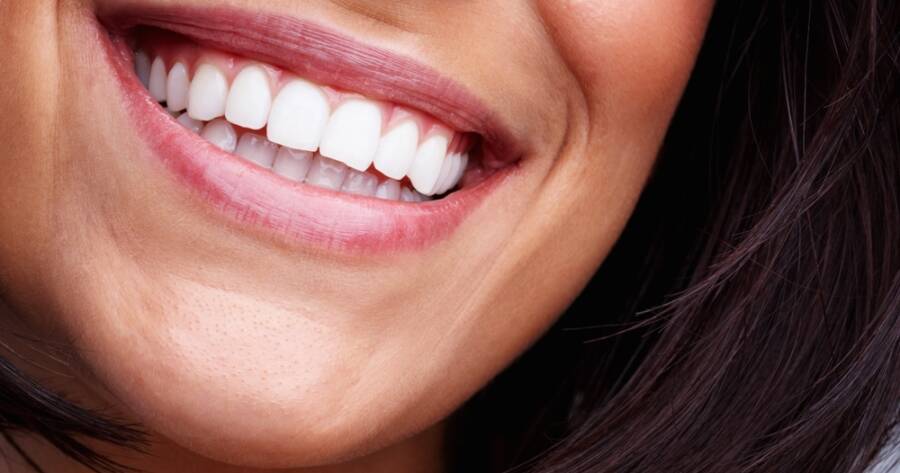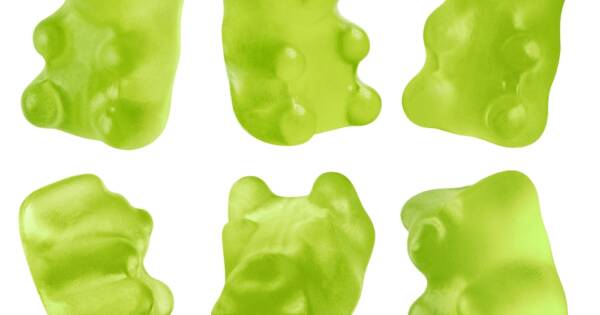Supporting your oral health has never been easier, thanks to innovative products like remineralizing gum. Designed to help restore essential minerals to your teeth, this gum offers a convenient and effective way to strengthen enamel and combat decay. Packed with ingredients like calcium and phosphate, it works alongside your oral hygiene routine to neutralize acids and promote a healthier smile. This unique product may elevate your dental care and support long-lasting oral health.
What Causes Tooth Demineralization?
Tooth demineralization occurs when enamel loses essential minerals like calcium and phosphate, weakening its structure. This process is often triggered by acids produced from plaque buildup, sugary foods, and acidic beverages. Poor oral hygiene, dry mouth, and certain medical conditions can also accelerate demineralization.
Without intervention, weakened enamel becomes vulnerable to cavities and decay. Preventing demineralization involves maintaining a balanced diet, reducing sugar intake, and practicing good oral hygiene to minimize the acids that erode enamel and compromise oral health.
What Is Remineralizing Gum?
Remineralizing gum is a specialized sugar-free gum designed to support tooth enamel health by restoring essential minerals like calcium and phosphate. It works by stimulating saliva production, which helps neutralize acids, wash away harmful bacteria, and create the ideal environment for enamel repair. Formulated with ingredients like xylitol or sorbitol, remineralizing gum also helps reduce plaque and remove food particles, providing additional oral health benefits.
Research suggests that sugar-free gums, including those with remineralizing properties, may promote enamel repair and act as a protective barrier against mineral loss. Chewing gum after meals or snacks can be an effective way to enhance oral hygiene and support stronger, healthier teeth.
How Remineralizing Gum May Help and How It Works
Remineralizing gum works by delivering beneficial ingredients like calcium and phosphate directly into the oral cavity. When chewed, it stimulates saliva production, which plays a key role in neutralizing acids and washing away harmful bacteria. Enhanced saliva flow, combined with active minerals in the gum, creates conditions that may encourage enamel repair and strengthen teeth.
Additionally, gums containing xylitol may inhibit cavity-causing bacteria, supporting long-term oral health. While remineralizing gum is a helpful addition to oral hygiene routines, it’s not a standalone solution; regular brushing, flossing, and dental visits remain essential for optimal results.
Other Ways to Support Tooth Remineralization
Tooth remineralization requires a comprehensive approach beyond chewing gum. Fluoride toothpaste strengthens enamel and promotes mineral uptake. Foods rich in calcium and phosphate, like dairy products, leafy greens, and nuts, provide essential building blocks for enamel repair.
Further, limiting acidic and sugary foods helps reduce demineralization triggers. Hydration is also critical! Drinking water washes away food particles and neutralizes acids. Using a remineralizing mouthwash or supplements prescribed by a dentist can further enhance your efforts. Consistency in oral hygiene habits ensures your teeth have the best chance to regain their strength.
Signs of Tooth Remineralization
Signs of tooth remineralization indicate that your efforts to protect and restore your enamel are working. Look for reduced sensitivity in teeth, as remineralized enamel provides better insulation from temperature changes. Smaller or less noticeable white spots on teeth also suggest mineral restoration in previously demineralized areas.
Teeth may also feel smoother and appear healthier overall. Regular dental check-ups are essential, as your dentist can confirm progress and offer tailored advice to maintain and enhance your oral health. Positive changes in these areas signal that your oral care routine is effectively promoting remineralization.
The Role of Professional Care in Oral Health
While home remedies and products like remineralizing gum can support oral health, professional dental care is critical for maintaining strong, healthy teeth. Dentists provide fluoride treatments, dental cleanings, and personalized guidance to prevent or address demineralization. They can detect early signs of decay and recommend interventions, such as dental sealants, to protect vulnerable areas.
Regular dental visits not only help monitor your progress but also ensure any issues are addressed before they become severe. Combining professional care with a diligent oral hygiene routine creates a robust strategy for long-term oral health.
Chew Your Way to Stronger Teeth with Remineralizing Gum
Remineralizing gum offers a simple yet effective way to boost your oral health by supporting enamel repair and neutralizing harmful acids. With regular use, it can complement your brushing and flossing routine, helping you maintain a healthier, stronger smile.
While it’s not a substitute for professional care, this innovative product is a valuable addition to your dental hygiene arsenal. Embrace the benefits of remineralizing gum and take an active step toward improving your oral wellness.





